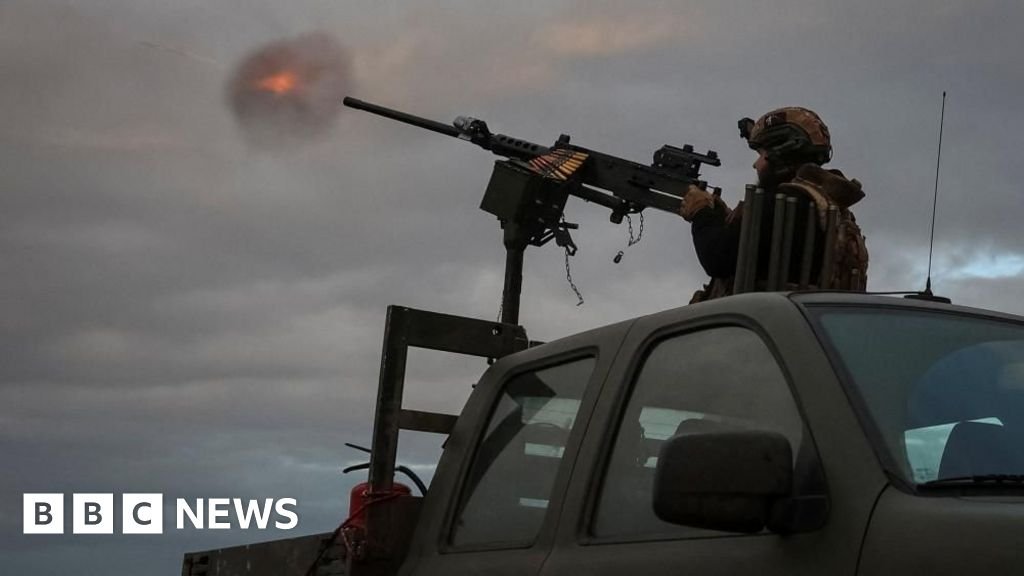
Europe’s leaders backed Trump’s call for a frontline freeze, but Russia said no
European leaders have joined Ukraine’s Volodymyr Zelensky in insisting that any talks on ending the war in Ukraine must start with freezing the current front and warning that Russia is not serious about peace.
In a statement signed by 11 leaders, including UK Prime Minister Keir Starr, they said they “strongly support” US President Donald Trump’s position that “the fighting must stop immediately and the current line of contact be the starting point for negotiations”.
But Russian Foreign Minister Sergei Lavrov on Tuesday rejected the idea of stopping the conflict along the current line of contact.
Moscow is only interested in “long-term, sustainable peace”, Lavrov said, adding that freezing the front line would only lead to a temporary ceasefire.
European statement Referred to “Russia’s Stalling Strategy”.Shows how complicated Moscow’s position remains.
Trump, who has often adopted a conciliatory tone towards Russia, is now planning direct talks with Putin in Budapest – although the date for a preparatory meeting between US Secretary of State Marco Rubio and Lavrov appears to be slipping.
The US president spoke to Putin by phone last week, a day before meeting Zelenskyi and his team at the White House.
Multiple sources have told Western media that Trump forced the Ukrainian leader to give up large swaths of eastern Donetsk and Luhansk regions as part of a deal with Russia.
Some reports suggest that there was a “shouting match”. Zelensky only described the discussion as “frank”.
Ukraine’s president has often refused to withdraw from the region, arguing that Russia could use it as a springboard for future attacks. “I made it clear during my visit to Washington last week that Ukraine’s position has not changed,” he said on Monday.
Although Russia occupies most of Luhansk, Ukraine controls about a quarter of Donetsk, including the major cities of Sloviansk and Kramatorsk.
Trump, who later rejected Zelensky’s insistence that Donbas be surrendered, has since embraced the idea of a ceasefire on the current front.
“Let it be cut as it is,” he said, referring to the contested territory on Monday.
“Right now it’s cut off. I think 78% of the land is already taken by Russia… I said: cut off and stay on the battle line. Go home. Stop fighting, stop killing people.”
But Moscow has dismissed talk of a front line freeze.
Kremlin spokesman Dmitry Peskov said the idea had been put to the Russians repeatedly but “does not change the consistency of Russia’s position” – referring to Moscow’s insistence on a complete withdrawal of Ukrainian forces from the eastern part.
Foreign Minister Sergei Lavrov repeated the same lines on Tuesday.
The “root causes of the conflict” must be addressed, Lavrov said, using Kremlin shorthand for a series of radical demands — recognition of full Russian sovereignty over the Donbass as well as the demilitarization of Ukraine — a non-starter for Kiev and its European partners.
The Kremlin has played down expectations of an imminent meeting between Putin and Trump. “We cannot postpone what has not been finalized,” Peskov said.
Lavrov and US Secretary of State Marco Rubio were to meet this week to host a summit, but no time has yet been set.
A possible meeting between Trump and Putin in Hungary would require at least one EU country to open airspace to the Russian leader’s plane.
Putin is subject to an international arrest warrant for war crimes, and Poland and Lithuania have already indicated they would execute it if he were to travel through their countries.
Another route into Budapest for Putin would be through Bulgarian airspace. Foreign Minister George Georgiev indicated that Bulgaria was ready to allow the plane to pass through.
“When efforts are made for peace, it is logical for all sides to contribute to making such a meeting possible,” he said.
Trump and Putin last met during a hastily arranged summit in Alaska in August, which produced few results other than ending Putin’s status as a Western power.
Trump shortly after the debate Put forward the idea of holding a Putin-Zelensky bilateral peak
But Russia said such a meeting was contingent on the “root causes” of the war being addressed first, and ultimately all parties quietly scrapped the idea.
Since beginning his second term in office, Trump has lamented that the Russian-Ukrainian war, now in its fourth year, is “difficult” to resolve.
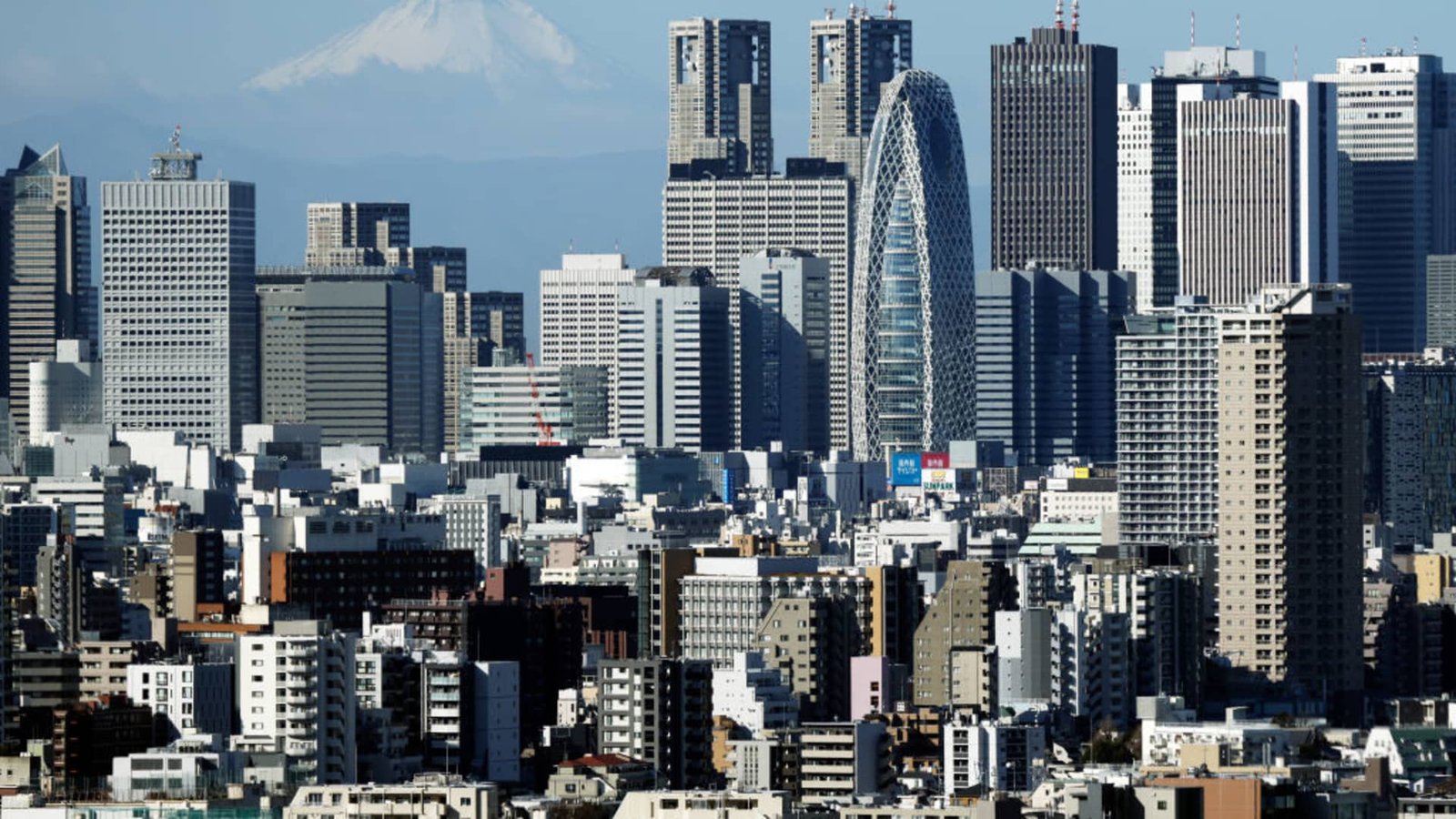
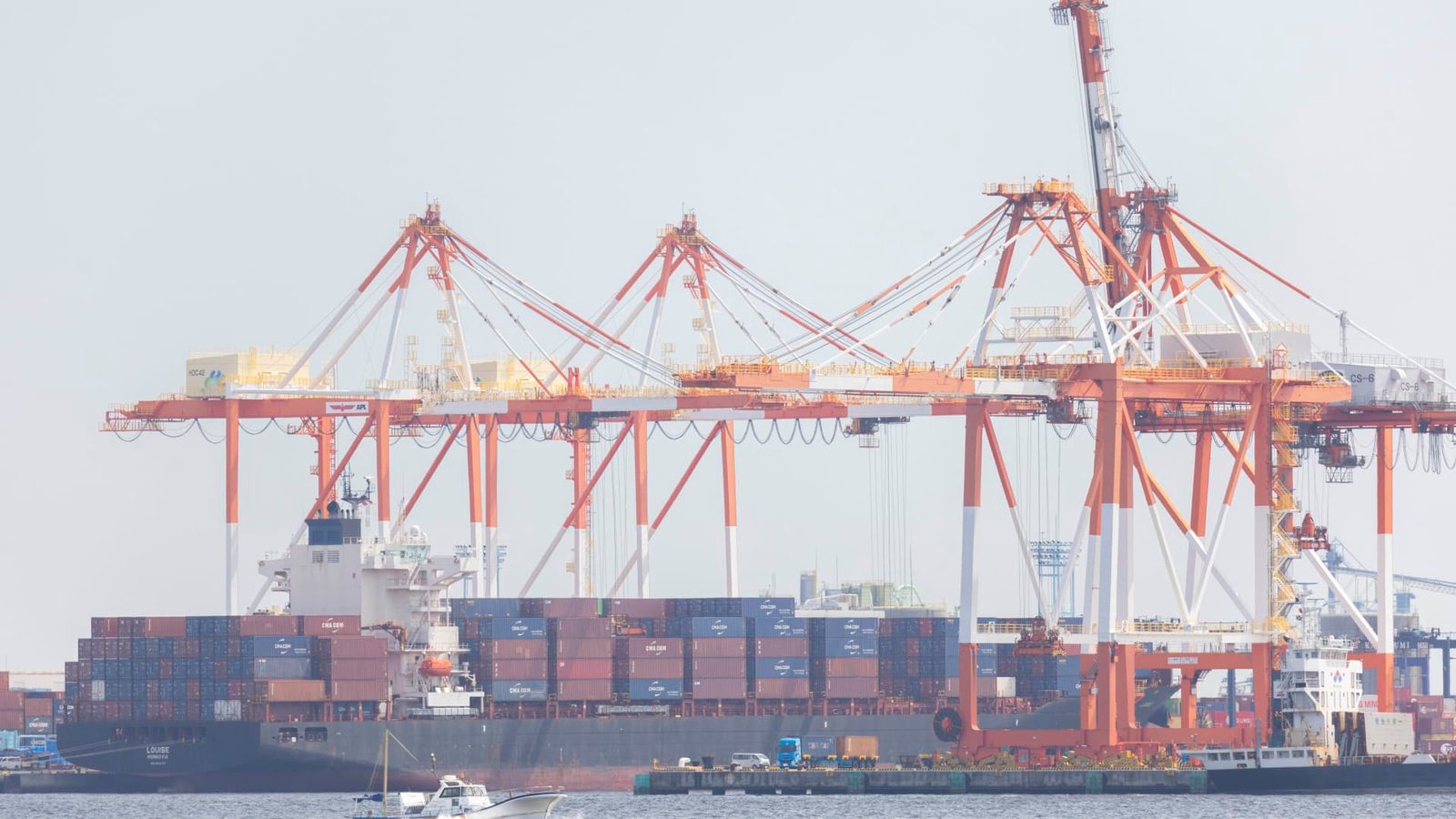

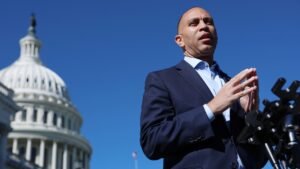
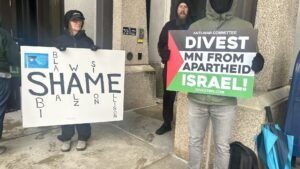

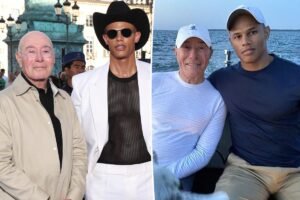
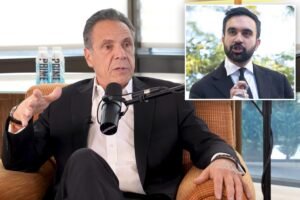




Post Comment